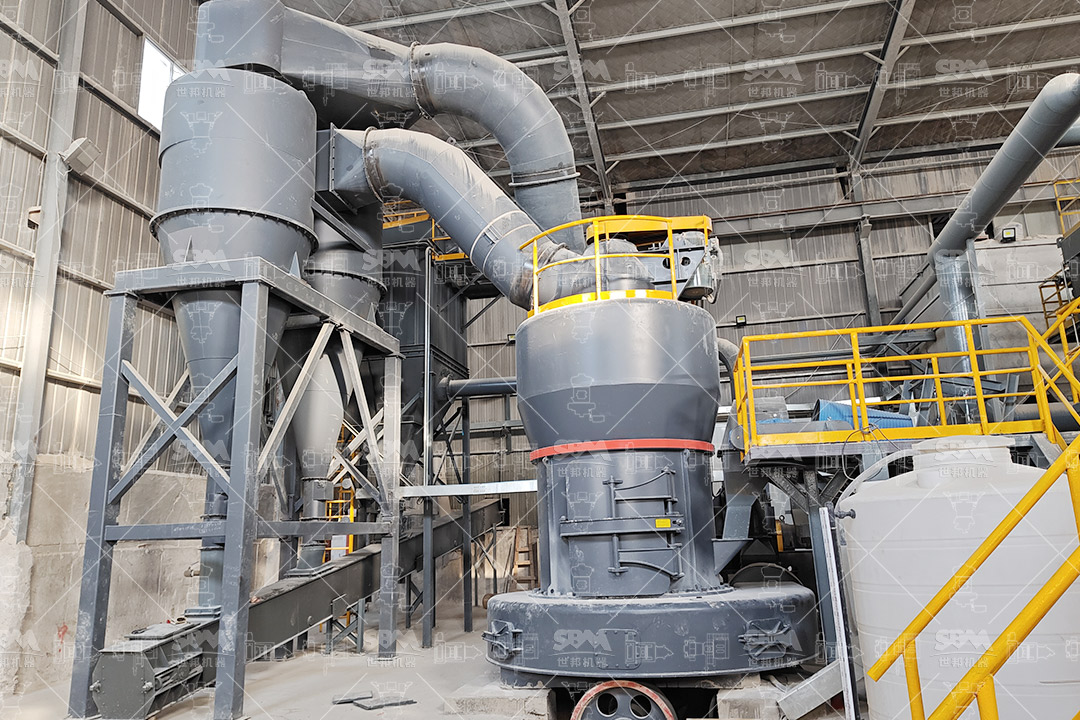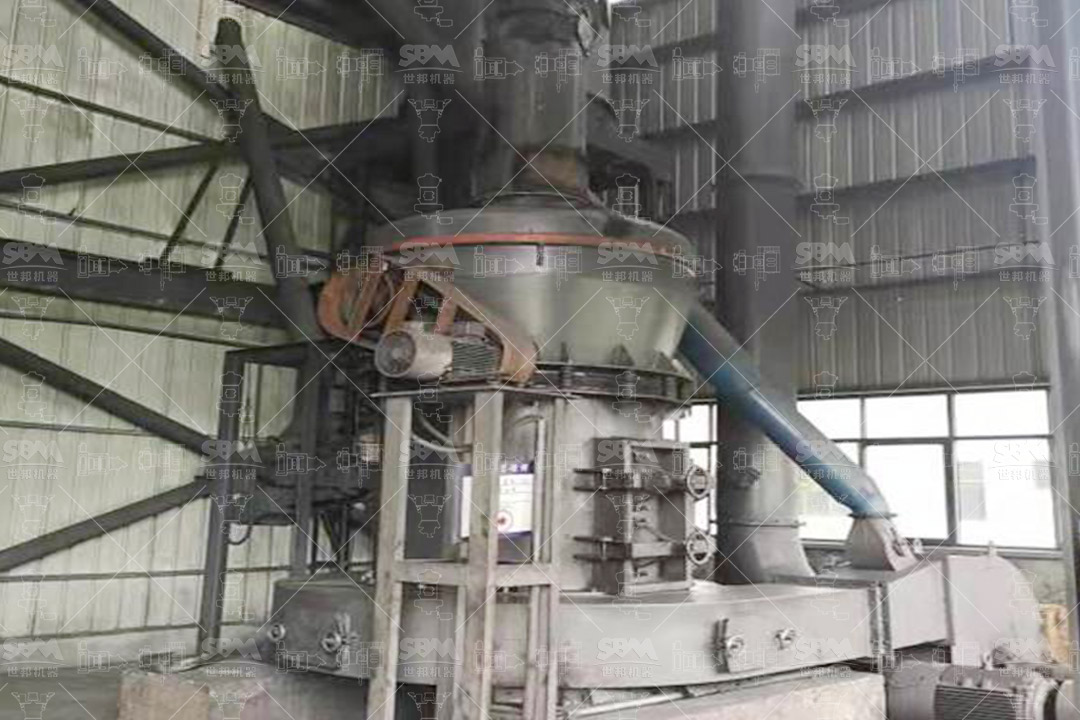Silicon wafer production is a cornerstone of the semiconductor industry, demanding unparalleled precision in grinding and surface finishing. The process involves transforming raw quartz into ultra-pure, flat, and smooth wafers that form the basis of integrated circuits. Central to this transformation are advanced milling machines capable of achieving micron-level accuracy and exceptional surface quality. This article explores the critical role of precision grinding in silicon wafer manufacturing and highlights innovative milling solutions that enhance efficiency and performance.
Precision grinding is essential for achieving the desired thickness, flatness, and surface integrity of silicon wafers. Any imperfections can lead to device failure, making the grinding process a critical step. Modern quartz milling machines utilize advanced grinding mechanisms to remove material uniformly while minimizing sub-surface damage. Key parameters include grinding speed, feed rate, and cooling, all of which must be meticulously controlled to ensure high yield and quality.
Silicon is a brittle material, prone to cracking and chipping during grinding. Additionally, thermal management is crucial to prevent warping and residual stress. Advanced milling machines address these challenges through innovative design features such as precision spindles, adaptive control systems, and efficient cooling mechanisms.

Modern quartz milling machines leverage technologies like diamond grinding wheels, multi-axis control, and in-process metrology to achieve superior results. These machines are designed to handle the entire wafer production process, from rough grinding to fine finishing, ensuring consistency and repeatability.
For applications requiring extremely fine finishes, such as those in the semiconductor industry, ultra-fine grinding machines are indispensable. Our SCM Ultrafine Mill is engineered to meet these demands, offering output fineness down to 5μm (D97) with high efficiency and low energy consumption. Its vertical turbine classifier ensures precise particle size distribution, making it ideal for producing the fine powders used in wafer polishing slurries. With models like the SCM1000, which offers a throughput of 1.0-8.5 ton/h and a main motor power of 132kW, this mill provides the reliability and performance needed for high-precision applications.
Surface finishing is the final step in wafer production, aimed at achieving nanometer-level smoothness. Techniques such as chemical mechanical polishing (CMP) are commonly used, but mechanical finishing with advanced mills plays a complementary role. The goal is to eliminate any residual scratches or defects from the grinding process, ensuring a pristine surface for circuit patterning.
Precision mills contribute to surface finishing by providing consistent and controllable material removal. Machines with high stability and minimal vibration are essential to avoid introducing new defects. Our MTW Series Trapezium Mill excels in this area, featuring a curved air duct design that reduces energy loss and enhances transmission efficiency. With models like the MTW138Z, which handles 6-17 ton/h and offers fineness from 10-325 mesh, it supports the production of uniform powders for polishing compounds. Its combination of durability and precision makes it a valuable asset in wafer finishing processes.

To meet the high-volume demands of semiconductor manufacturing, quartz milling machines are increasingly integrated into automated production lines. Automation enhances consistency, reduces human error, and improves throughput. Features such as real-time monitoring, automatic feedback systems, and remote control capabilities are becoming standard in advanced milling equipment.
Our milling machines, including the SCM and MTW series, incorporate intelligent control systems that automatically adjust operational parameters based on real-time feedback. This ensures optimal performance and minimizes downtime, contributing to higher overall equipment effectiveness (OEE).
Sustainability is a growing concern in manufacturing. Modern quartz milling machines are designed with energy efficiency and environmental impact in mind. Features such as pulse dust collectors, low-noise operation, and reduced energy consumption not only comply with stringent regulations but also lower operational costs.
Our SCM Ultrafine Mill reduces energy consumption by 30% compared to traditional jet mills, while doubling productivity. This translates to significant cost savings and a smaller carbon footprint, aligning with the industry’s move towards greener manufacturing practices.

Precision grinding and surface finishing are critical to the production of high-quality silicon wafers. Advanced quartz milling machines, such as our SCM Ultrafine Mill and MTW Series Trapezium Mill, provide the technology needed to achieve these demanding specifications. With their combination of high precision, efficiency, and sustainability, these machines are poised to play a vital role in the future of semiconductor manufacturing. Investing in such innovative solutions ensures competitive advantage and supports the ongoing evolution of the industry.